Kia ora and welcome to The Weekend. Earlier this week I heard an episode of The Detail podcast discussing the phenomenon of public mourning. Host Sharon Bretkelly interviewed Susan Wardell, an anthropologist who has researched the death of Princess Diana and the March 15 terror attacks. We’re social creatures, Wardell said; wanting to gather, to buy flowers, to read about what other people are saying and thinking allows us to make sense of events which happen to everyone at once. Given the Queen’s passing yesterday, that episode seems spookily prescient; there’s no way to understate the significance of Elizabeth II’s death, and collective rituals of acknowledgement and mourning her loss will play out in person and online. We have a complicated relationship to the monarchy in Aotearoa: Morgan Godfery writes about that, and we also have stories about other topics. Pour some Coffee Supreme and settle in.
-Shanti Mathias, staff writer
An ariki of the highest order
Māori have good reason to be wary or hostile to the institution the Queen represented, but to Morgan Godfery, Her Majesty herself was a great stateswoman whose dealings with tanganta whenua were conducted with integrity. Perhaps, he says, this was an expression of her “leftist instincts” – the same ones that put her at odds with her prime minister Margaret Thatcher over miners and apartheid in the 1980s. “She was the chieftain of a horrific institution – one that privileges birth right over merit and wealth over charity,” Godfery says. “But everyone must concede that the Queen herself was a great stateswoman, an ariki of the highest order, and a dignified presence in an increasingly debased society (England). But what comes after?”
Newspapers have been ready for the Queen’s death for decades
The Quarter Million
This week The Spinoff launched The Quarter Million, a series of in-depth features and data visualisations covering the Royal Commission of Inquiry into Abuse in Care. My colleague Reweti Kohere wrote an exceptional, in-depth feature exploring the scope of the inquiry and its significance. Similar investigations overseas have taken many years, and led to formal government apologies – but for the many, many victims here in New Zealand, the inquiry is a moment to reckon with what happened to them, to have their stories heard and believed. It’s a heavy topic, especially because abuse in care interacts with systems of racism and the mental health crisis. The piece has some remarkable data visualisations as well as interviews with courageous survivors.
How small conservation actions can make a big difference
With this week marking Conservation Week – Te Wiki Tiaki Ao Tūroa, the Department of Conservation wants New Zealanders to understand that we can all play a major role in the health and preservation of our natural environments – and that it’s a lot easier than you’d probably expect. To learn more about how you can help – and why you should care – read this story from DoC’s Ruth McKie now.
One simple trick to make New Zealand taxes fairer
In New Zealand, gripped by the cost-of-living crisis, a housing crisis, a fuel crisis, and a climate crisis (did I miss any?), inequity is a massive problem. One reason for this might be that all incomes are taxed, even those under $14,000. In other comparable countries — including Australia and the UK — this isn’t the case, with the lowest income bracket not taxed at all. This means that even those working part time on low wages are taxed. Hayden Donnell, with the help of economist Shamubeel Eaqub, runs the numbers: if we copied the relatively more fair tax rates of Australia, every New Zealander earning less than $146,000 a year would get a tax cut, and those with the least would be helped the most. There would be a cost to this, around $3 billion a year, but there would also be gains from reductions to welfare and healthcare costs.
This month we’re celebrating eight years of The Spinoff. We’ve come a long way since 2014 and that is in no small part thanks to our members – we literally wouldn’t be here today without them.
Their generous support underpins all our work and has meant we are able to cover more areas of life in Aotearoa, to tackle more stories about our people and issues impacting our communities. From our ongoing coverage of inequality and the cost-of-living crisis, to political reporting and our focus on te ao Māori, it’s important mahi and we can’t do it without you.
Let’s keep a good thing going - tautoko mai, donate today.
Making native species welcome at Taita College
Nadine Anne Hura is an essayist who takes art classes at Learning Connexion, an old scientific research institute near Taita College in the Hutt Valley. She writes about the restoration of native forest there, and the people who made it possible. “All along this rugged knuckle of land where tūī hurtle through the branches like spitfire pilots, scientists planted and studied exotic trees.” The scientists left behind wilding pines; other exotic species, tangled bushes of gorse and blackberry, crept in on their own. But with the help of students at the school in a class that helps them feel connected to the place they live, this is changing. In the context of a climate crisis, where exotic pines and colonial science are prioritized over indigenous species and local knowledge, restoring the land at Taita is one piece of a bigger story.
Queen related links
The loss of the Queen is the end of 70 years of symbolic stability
Elizabeth II with her dogs
Understanding the death of the Queen in the context of decolonisation
Linda Burgess remembers the departed monarch
Everything else
Some phrases to practice for Tongan language week
Planning to go overseas soon? Be prepared!
Last week I finished reading Karen Cheung's excellent The Impossible City, a memoir about Hong Kong, and so I appreciated this on how the concept of a "free market" can fit into authoritarianism
A classic polar bear on melting ice, and many other great photos taken by drones
The space sector needs to be more diverse
Why Janaye Henry wants to bring an all-Maori wahine lineup to the comedy stage
New Zealand cities could be so much more walkable
More Hayden Donnell, on the case against character protections in urban planning
Auckland Council has banned some bird species. There's drama in bird breeding land!
Many institutions don’t understand how to use tikanga Māori appropriately
Your guide to the inane drama of the Don't Worry Darling press tour (don't worry darling —Olivia Wilde probably isn't going into director jail!)
The heady days of early coolhunting on YouTube
Actually, Aotearoa’s literary festivals are thriving
A lovely profile of Spinoff fave Emily Writes, who has a new book
Where in New Zealand is going to have the worst heatwaves as the climate crisis intensifies? where is going to be hot (related: Watch the Spinoff's video series 100 Year Forecast)




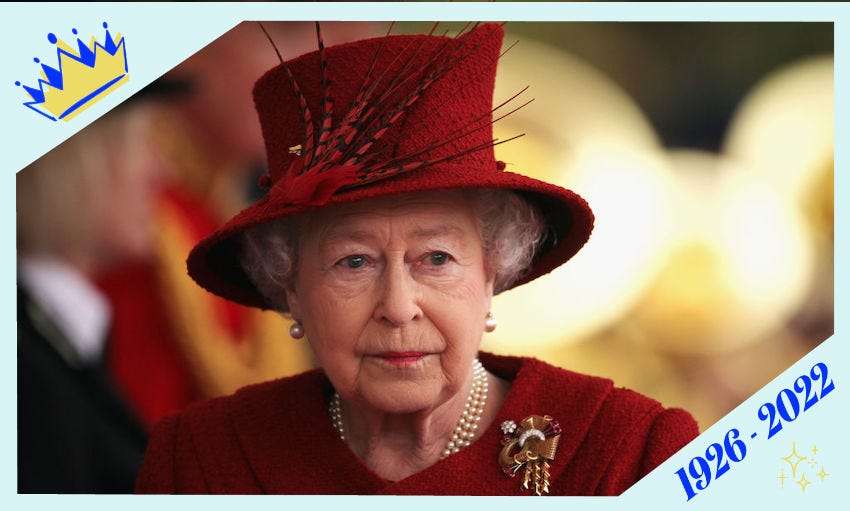
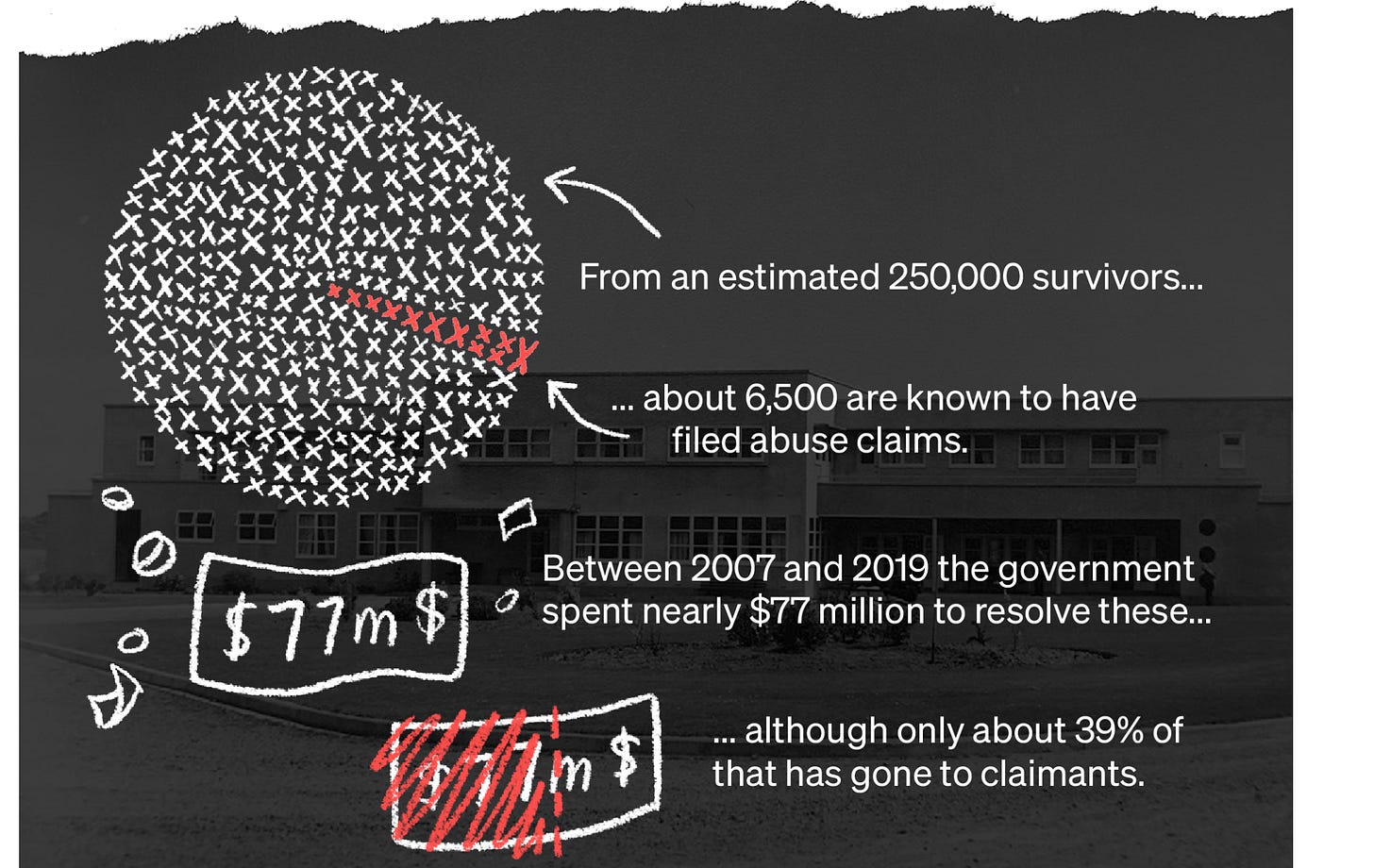
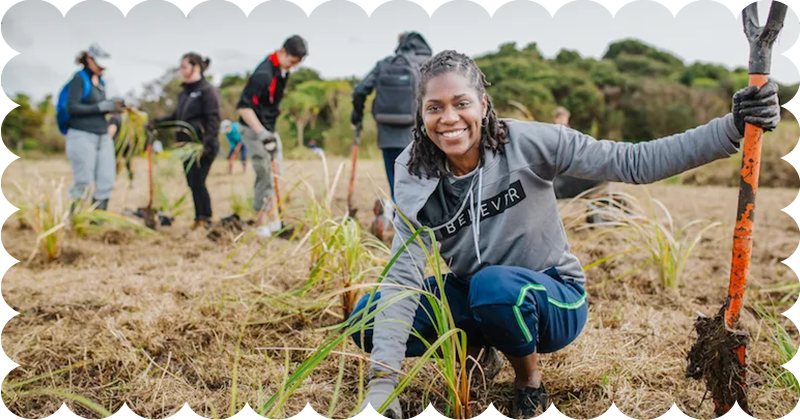
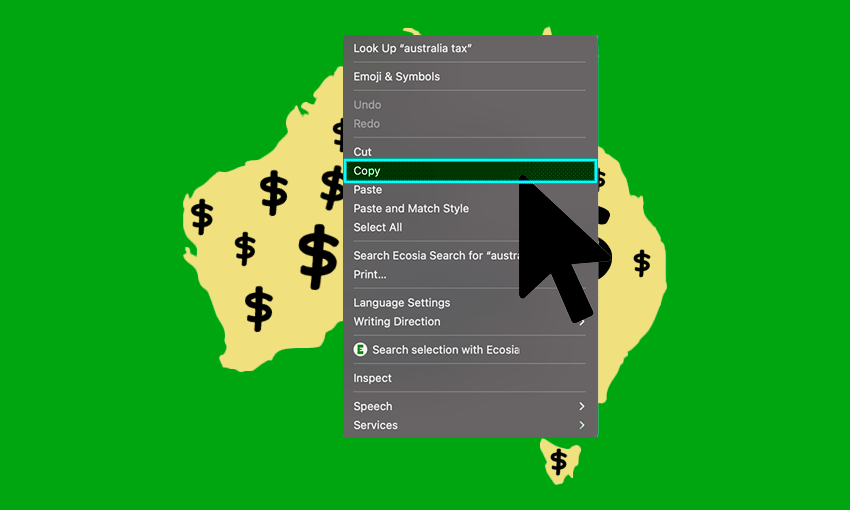

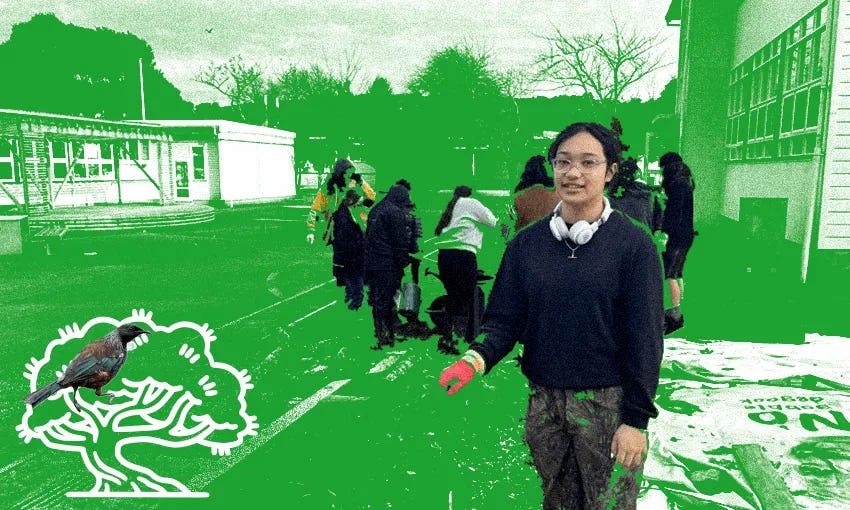

Ngā mihi! Thanks for the plug - didn’t even realise it was conservation week ! It’s so hard to keep up with and make all the connections 💪🏾🫣🙏🏽